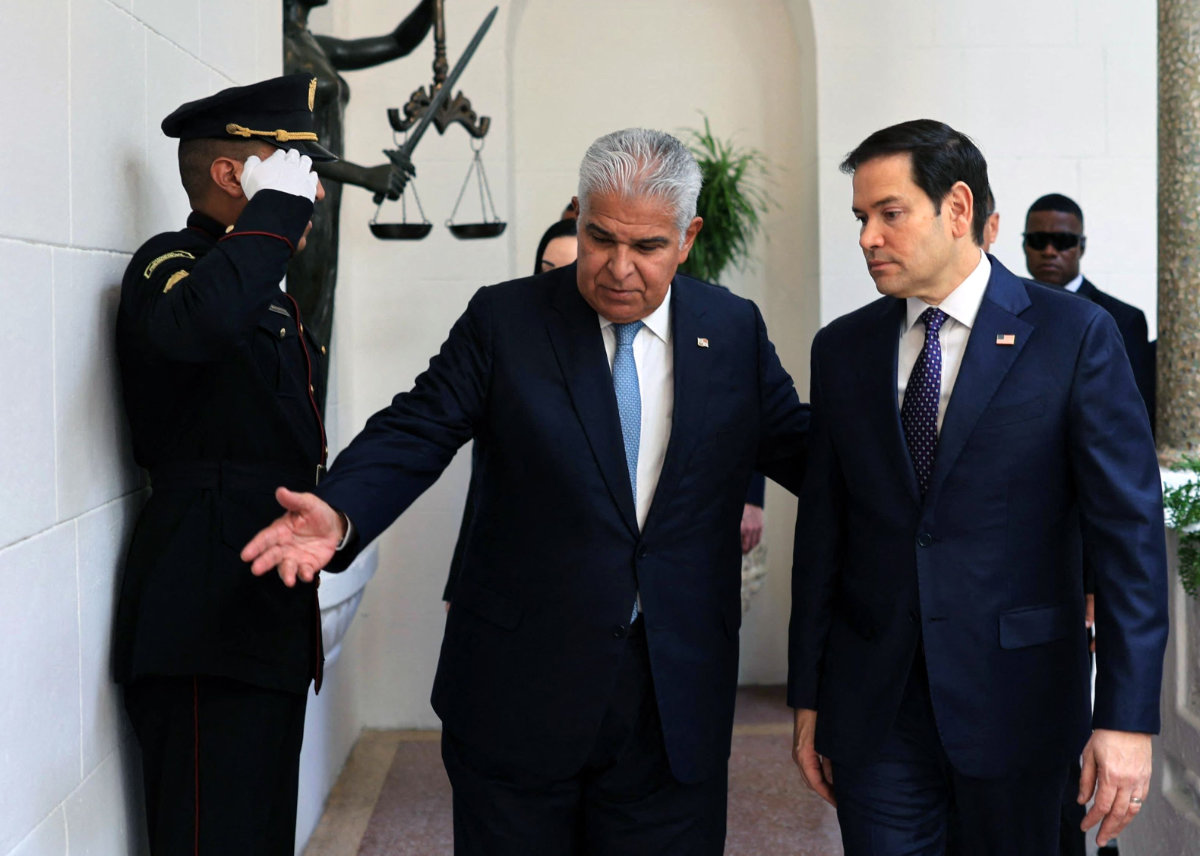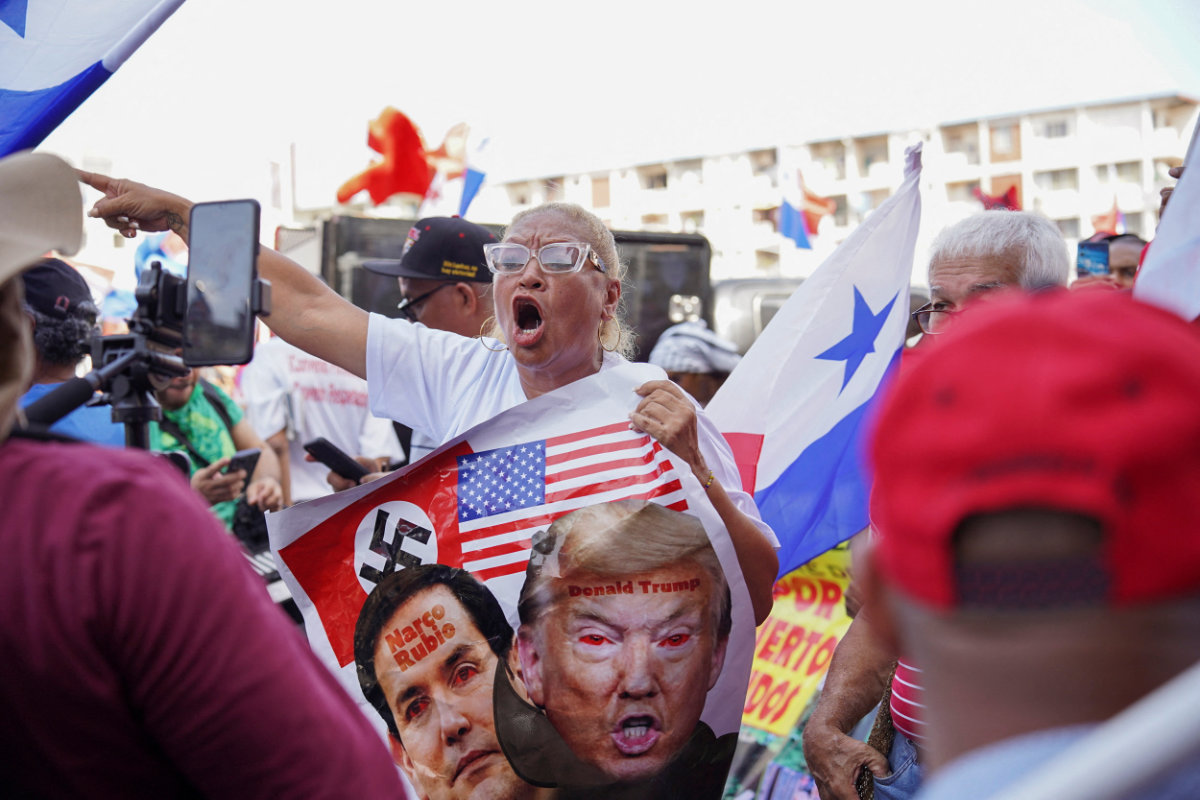WASHINGTON: At 1:45 p.m. Sunday, President Joe Biden’s senior staff was notified that he was stepping away from the 2024 race. At 1:46 p.m., that message was made public.
It was never Biden’s intention to leave the race: Up until he decided to step aside Sunday, he was all in.
His campaign was planning fundraisers and events and setting up travel over the next few weeks. But even as Biden was publicly dug in and insisting he was staying in the race, he was quietly reflecting on the disaster of the past few weeks, on the past three years of his presidency and on the scope of his half-century career in politics.
In the end, it was the president’s decision alone, and he made it quietly, from his vacation home in Rehoboth Beach, Delaware, sick with COVID-19, the first lady with him as he talked it through with a small circle of people who have been with him for decades.
“This has got to be one of the hardest decisions he’s ever made,” said Sen. Chris Coons, D-Delaware, the president’s closest ally in Congress, who spoke with him Sunday. “I know he wanted to fight and keep going and show that he could beat Donald Trump again, but as he heard more and more input, I think he was wrestling with what would be the best for the country,” Coons said in an interview with the Associated Press.
This story is based on interviews with more than a dozen people familiar with the president’s thinking over the past few weeks, days and hours as he made his decision. They spoke to The Associated Press on condition of anonymity to talk about private discussions.
Deciding to leave the race
It wasn’t until Saturday evening that Biden began to come to the conclusion that he would not run for reelection. He started writing a letter to the American people.
Biden had been off the campaign trail for a few days, isolated because of COVID-19, when it all started to deeply sink in — his worsening chances of being able to defeat Donald Trump with so much of his party in open rebellion, seeking to push him out of the race — not to mention the persistent voter concerns about his age that were only exacerbated by the catastrophic debate.
Biden was at his beach home with some of his and Jill Biden’s closest aides: chief strategist Mike Donilon, counselor to the president Steve Ricchetti, White House deputy chief of staff Annie Tomasini, and Anthony Bernal, senior adviser to the first lady.
By Sunday, his decision crystallized. He spoke multiple times with Vice President Kamala Harris, whom he would endorse. He informed White House chief of staff Jeff Zients, and his longtime aide and campaign chairwoman Jen O’Malley Dillon.
A small group of senior advisers from both the campaign and the White House were assembled for the 1:45 p.m. call to relay Biden’s decision, while his campaign staff released the social media announcement one minute later.
“It has been the greatest honor of my life to serve as your President. And while it has been my intention to seek reelection, I believe it is in the best interest of my party and the country for me to stand down and to focus solely on fulfilling my duties as President for the remainder of my term,” Biden wrote.
Just about a half-hour later came his public vote of support for Harris. It was a carefully choreographed strategy meant to give the president’s initial statement full weight, and to put a period on the moment before launching forward into the next step.
“Today I want to offer my full support and endorsement for Kamala to be the nominee of our party this year,” Biden said in another post on X. “Democrats — it’s time to come together and beat Trump.”
Elizabeth Alexander, Jill Biden’s communications director, said, “down to the last hours of the decision only he could make, she was supportive of whatever road he chose.
“She’s his biggest believer, champion, and always on his side, in that trusted way only a spouse of almost 50 years can be,” Alexander said.
About the debate
It’s not like things had been going great before the June 27 debate. In an August 2023 poll from The Associated Press-NORC Center for Public Affairs Research, fully 77 percent of US adults said Biden was too old to be effective for four more years. Not only did 89 percent of Republicans say that, but so did 69 percent of Democrats.
And it hadn’t gotten any better by April, when more than half of US adults thought Biden’s presidency hurt the country on issues like the cost of living and immigration.
But Biden had insisted — to himself, to the nation, to his supporters — that he would be able to bring voters around if he got out there, told people about his record, explained it to them. Talked to them. Looked them in the eye.
He had a lifetime of experience that told him that if he stuck to it, he’d overcome. His campaign was so confident, in fact, that they arranged to go around the Commission on Presidential Debates to set up a series of faceoffs with Trump under a new set of rules.
That produced the June 27 debate that set Biden’s downfall in motion. Biden gave nonsensical answers, trailed off mid-sentence and appeared to stare blankly in front of an audience of 51 million people. Perhaps most distressing to other Democrats, Biden didn’t go after Trump’s myriad falsehoods about his involvement in the violence around the insurrection on Jan. 6, 2021, abortion rights or immigration.
Biden and his team blamed the night on so many different things. He had a cold. He was jet-lagged. He needed to get more sleep. That night opened the door for his party to push him out.
A slow acceptance
Publicly and privately Biden was fighting to stay in the race. He was working to convince voters that he was up for the task for another four years. He was frustrated by the Democrats coming out publicly against him, but even angrier about the leaks and anonymous sources relaying how even former President Barack Obama and former House Speaker Nancy Pelosi were working to get him to drop out.
It looked like he’d won out a couple times; the chorus of naysayers seemed to die down. He had some well-received speeches mixed with so-so TV interviews and a day featuring an extended news conference in which he displayed a nuanced grasp of policy but also committed a few gasp-inducing gaffes.
But the doubts didn’t go away.
Senate Majority Leader Chuck Schumer eventually invited top Biden staff to a meeting on July 11 to talk about their concerns. It didn’t go well. Senators expressed their concerns, and almost none of them said they had confidence in the president. But even afterwards, Schumer was worried it wasn’t getting to Biden.
Following the meeting, Schumer called Democratic House Leader Hakeem Jeffries, former Speaker Nancy Pelosi and former President Obama. Schumer decided that day to request a meeting with Biden.
At a July 13 meeting in Rehoboth, Schumer told Biden he was there out of love and affection. And he delivered a personal appeal focused on Biden’s legacy, the country’s future and the impact the top of the ticket could have on congressional races — and how that could potentially affect the Supreme Court. That same day came the attempted assassination of Donald Trump.
Schumer told the president he didn’t expect him to make an immediate decision, but he hoped Biden would think about what he said, according to a person familiar with the conversation.
Biden responded, “I need another week,” and the two men hugged.
Sunday's decision
It was full steam ahead until Biden pulled the emergency brake.
The president had lost his voice, but he was recovering well and his doctor had sent an update to the public shortly before 1 p.m. on his condition. His small circle decided to post the statement on X on Sunday, rather than let it leak out for days before he was prepared to address the nation, which he is expected to do sometime early this week.
Much of his campaign was blindsided, and it was clear by how little had changed after he dropped out. For hours after the announcement, Biden’s campaign website reflected that he was still running and KamalaHarris.com still redirected to Biden’s page.
Even Harris’ statement announcing her intent to succeed Biden was sent from “Joe Biden for President.”
After the public announcement, Zients held a senior staff call, and sent out an email, and spoke with members of Biden’s Cabinet, emphasizing to them that nothing had changed when it came to the business of governing and that the administration still had a lot of work to do, according to two people with knowledge of the message. And the president was also making personal calls.
“Team — I wanted to make sure you saw the attached letter from the President,” Zients wrote in the staff email. “I could not be more proud to work for President Joe Biden, Vice President Kamala Harris, and the American people — alongside all of you, the best White House team in history. There’s so much more to do — and as President Biden says, ‘there is nothing America can’t do — when we do it together.’”
Vermont Sen. Peter Welch, a Democrat who had called for Biden to bow out, was gardening with his wife when the news broke, and said he was momentarily “stunned.” Senators texted each other questioning if it was really happening.
Connecticut Sen. Richard Blumenthal was at an event in his state, and there was spontaneous applause when it was announced to the crowd that Biden wouldn’t run, he said.
There was a sense of excitement and energy in the crowd “that has been completely lacking,” Blumenthal said.
“It was also, let’s be blunt, a sense of relief,” he said. “And a sense of reverence for Joe Biden.”
By Sunday evening, Biden for President had formally changed to Harris for President.
O’Malley Dillon told campaign staff their jobs were safe, because the operation was shifting to a campaign for Harris.
Biden’s decision to drop out crystallized Sunday. His staff knew one minute before the public did
https://arab.news/8v6x4
Biden’s decision to drop out crystallized Sunday. His staff knew one minute before the public did

- It wasn’t until Saturday evening that Biden began to come to the conclusion that he would not run for reelection
- By Sunday evening, Biden for President had formally changed to Harris for President.
































